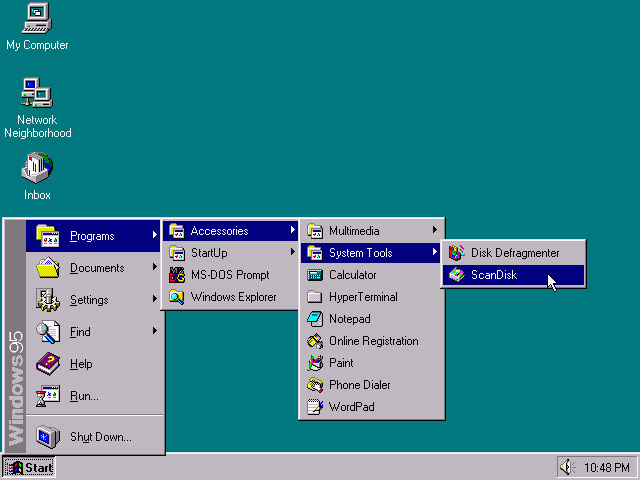
Game ranging and IT are disciplines that couldn’t be more removed from one another. Yet it’s a former game ranger and former prospective farmer that Dimension Data has hired as the new CEO of its key Africa and Middle East operation.
And the new man in the hot seat, Grant Bodley, has a big challenge on his hands: with Indian IT services rivals such as HCL Technologies and Wipro entering the South African market, and with corporate clients seeking bigger discounts from their suppliers in a depressed economy, margins are coming under intense pressure.
Bodley, 40, who has replaced Derek Wilcocks — who is moving into a group role, the details of which will be announced in September — says the IT services landscape has become “very competitive”, especially with the arrival of international players and with consolidation taking place between IT services players and telecommunications operators.
Bodley joined Dimension Data 15 years ago when the group’s former CEO (now its chairman) Jeremy Ord convinced him to switch to a career in technology. Prior to joining the group, Bodley worked as a game ranger at Londolozi where he used to look after visitors Ord and his colleagues Bruce “Doc” Watson and Steve Joubert and take them on game drives. Growing up in a farming family in the rural Eastern Cape, the young Bodley was set to pursue a career in agriculture, and even completed a B Agric Admin degree at Stellenbosch.
Instead, in his early 20s, he ended up at Londolozi for a three-year stint in game ranging. After that, he starting his own business, selling bottled sea water, which some South Africans believe has health benefits if consumed. But he didn’t have the cash he needed to establish a bottling plant.
It was then that Ord convinced him to give up bottling salty water and to start a career in IT. “I needed a job at 25, and Dimension Data happened to present an opportunity for me. I love the people and the culture. The culture was always infectious to me, so I stayed.”
Bodley began as a salesman, but was quickly promoted to head the important financial services client division for Dimension Data, selling services into the big banks. He took over the cornerstone IT outsourcing business in 2007, and in 2012 became Africa and Middle East sales director for Dimension Data and subsidiaries Internet Solutions and Plessey.
He has been charged with taking forward an organisation that has changed significantly on Wilcocks’s watch. Cloud computing, applications (where Dimension Data has made a number of acquisitions in recent years) and enterprise services (the outsourcing business) are his biggest focus areas, he says.
To grow the operation, Bodley says Dimension Data has to win the war for talent and compete effectively with global giants eyeing a slice of the South African market.
The entry of Indian outsourcing companies has ratcheted up the level of rivalry, he says. “It is forcing all of us to look at how we deliver services. We are looking at leveraging places like the Eastern Cape, where we could provide certain services at lower cost.”
Consolidation is also having an impact on the market. Telkom’s R2,7bn acquisition of Business Connexion, which earlier this month got the green light from the competition authorities, is creating what Bodley calls “a new kind of competitor” in IT.
But, he says, Dimension Data is already an important player in the telecoms space through Internet Solutions and, indeed, the group is owned by one of the world’s largest telecoms operators, Nippon Telegraph & Telephone Corp. The Japanese firm acquired Dimension Data in 2010 in a blockbuster R24bn deal and delisted it from the Johannesburg and London stock exchanges.
“We are fortunate to have Internet Solutions as part of our stable. Wherever you look around the world, telcos are moving into the systems integration space to complement their service offerings,” he says.
Curiously, however, both Internet Solutions and Plessey will no longer report into Dimension Data in Africa and the Middle East. Instead, they will account directly to group CEO Brett Dawson.
“In terms of decision making, speed and agility, they have changed some of those reporting structures,” Bodley says.
- This piece was first published in the Sunday Times




